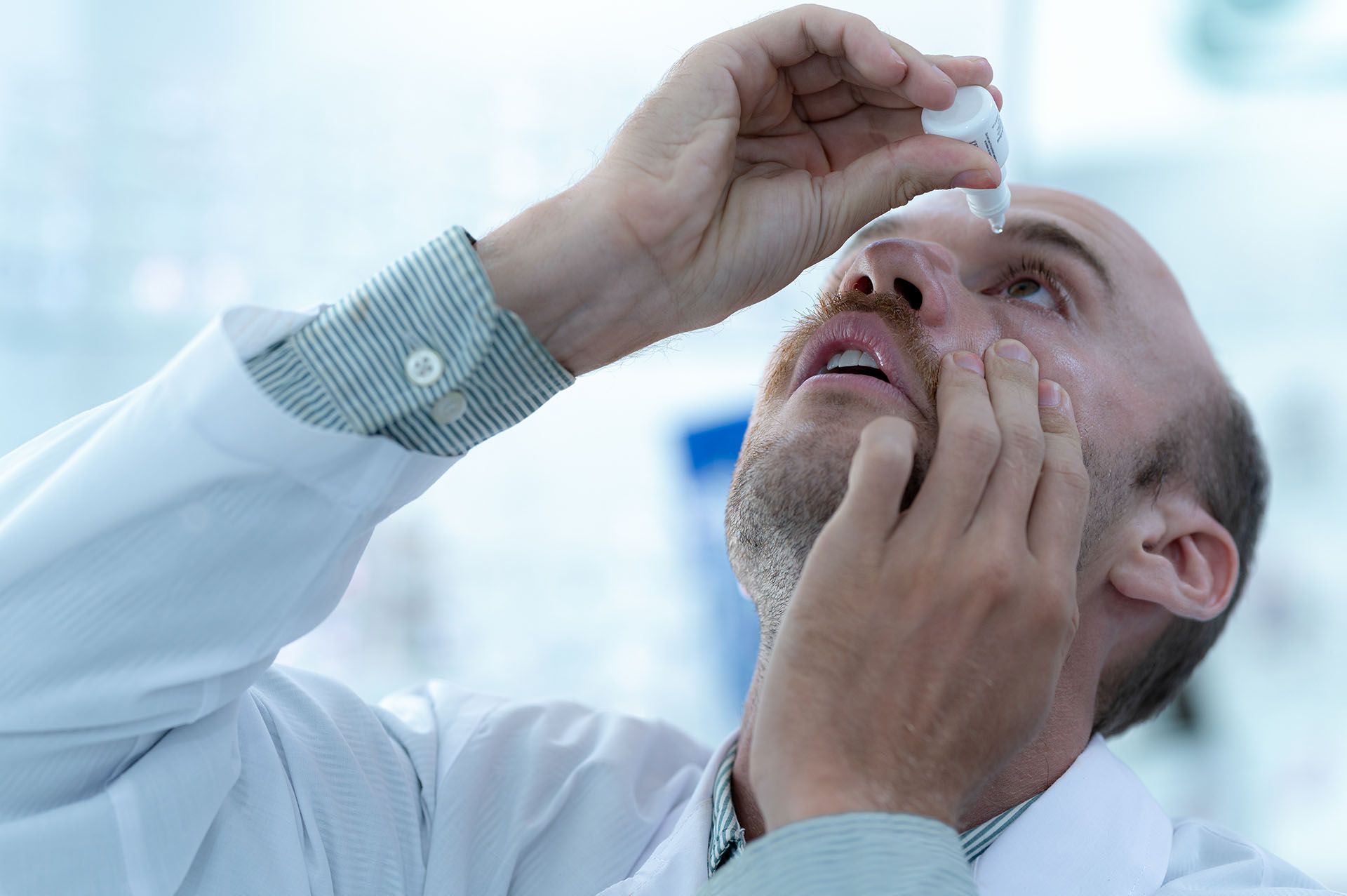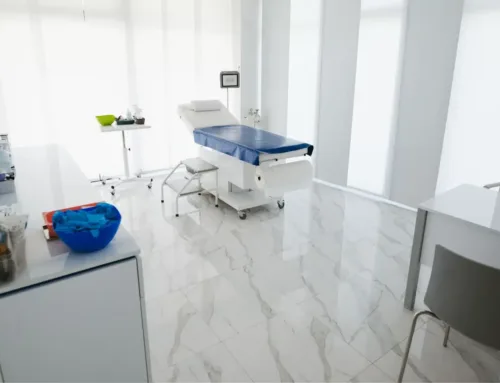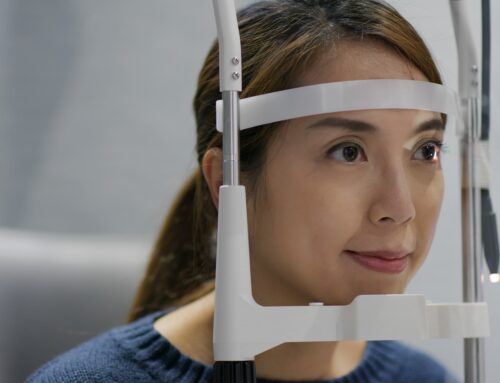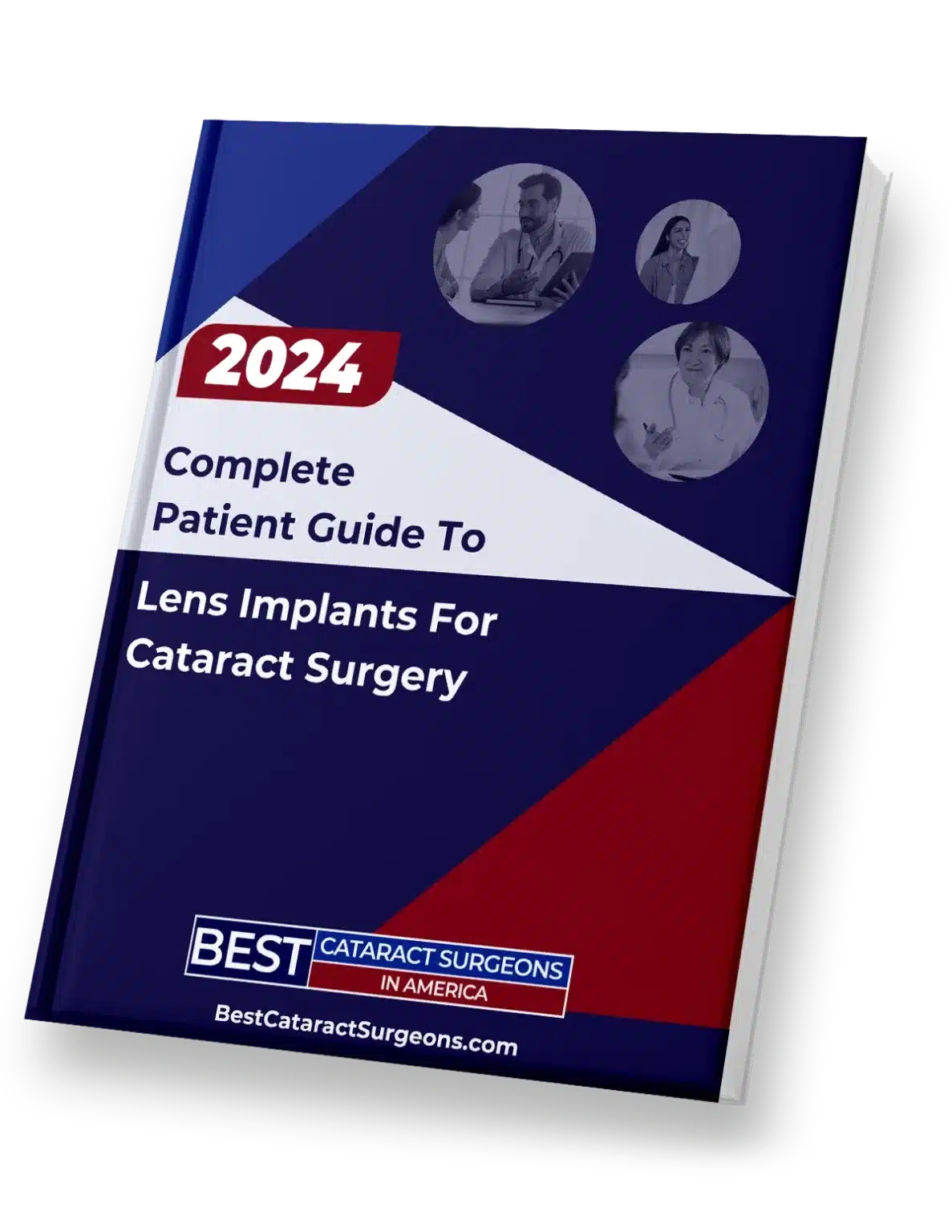Bilateral cataracts are the type of cataracts that affect both eyes; they can occur in childhood or adulthood.
As cataracts block light from entering the eye, patients with cataracts have difficulty seeing–this is amplified when suffering from bilateral cataracts because vision will often be poor in both eyes. Whether you have unilateral or bilateral cataracts, you should seek treatment as soon as you notice any changes in your sight. The following are ways you can manage and treat cataracts:
See an ophthalmologist
In many cases, people might be aware that they have cataracts but may not know what to do after their suspicion. Therefore, it is essential to see an ophthalmologist when you first notice any signs and symptoms of cataracts. Sometimes your primary doctor may notice that you have cataracts, and they will send you to an ophthalmologist for testing and treatment.
Talk to your doctor about any changes you are experiencing in your vision so that they will help you as soon as they can. These symptoms can be blurry vision, sensitivity to bright light, difficulty reading, difficulty driving at night, and others. When cataracts are detected early, you can get an ‘early start’ for treatment and sight restoration.
Change your glasses
If you wear prescription glasses, you may need to change the prescription due to cataracts. You may also need anti-glare coating on the lenses in your glasses, especially if you are driving at night, so that you can manage the glare induced by cataract formation from oncoming vehicles.
When outside, always make sure that you wear sunglasses because the sun’s rays are harmful to your eyes. Once you have cataracts, wearing sunglasses might not prevent them from progressing, however, limiting UV light exposure can slow progression in some cases.
Eat healthier foods
Bilateral cataracts might advance slowly over several years, but they can also progress as rapidly as in a few weeks! You need to ensure that they do not progress too fast so that you can have time before you get treatment. A healthy diet can slow down the progression of cataracts–especially in patients with diabetes.
Consuming foods rich in antioxidants like carrots, salmon, green leafy vegetables, and nuts are helpful for your ocular health.. It is also recommended to avoid excessive consumption of alcohol and stop smoking.
Avoid steroids
Some medications can also make cataracts progress faster or even cause bilateral cataracts. In this case, it is essential to ask if you are taking any medication that might be harmful to your eyes when you have cataracts so that you may discontinue the use. When you see the doctor, ensure that you mention any medication that you are taking so that the ophthalmologist can determine if they might be causing cataracts.
Get regular eye checks.
The best way to treat bilateral cataracts is through surgery so that the affected natural lens can be replaced by a new artificial lens that is clearer. Early diagnosis and treatment is key!
In the case of bilateral cataracts in children, it is imperative that an eye exam is done at least six weeks after birth (and earlier if you notice any difference in their eyes). Ensure that you keep follow up appointments to allow for scheduling of surgery, if necessary.
Following cataract surgery, it is important to follow up with the doctor to ensure that you healed properly and to identify any scar tissue/”secondary cataract” formation. Follow up will also help manage any possible side effects that you may be having post-operatively.











